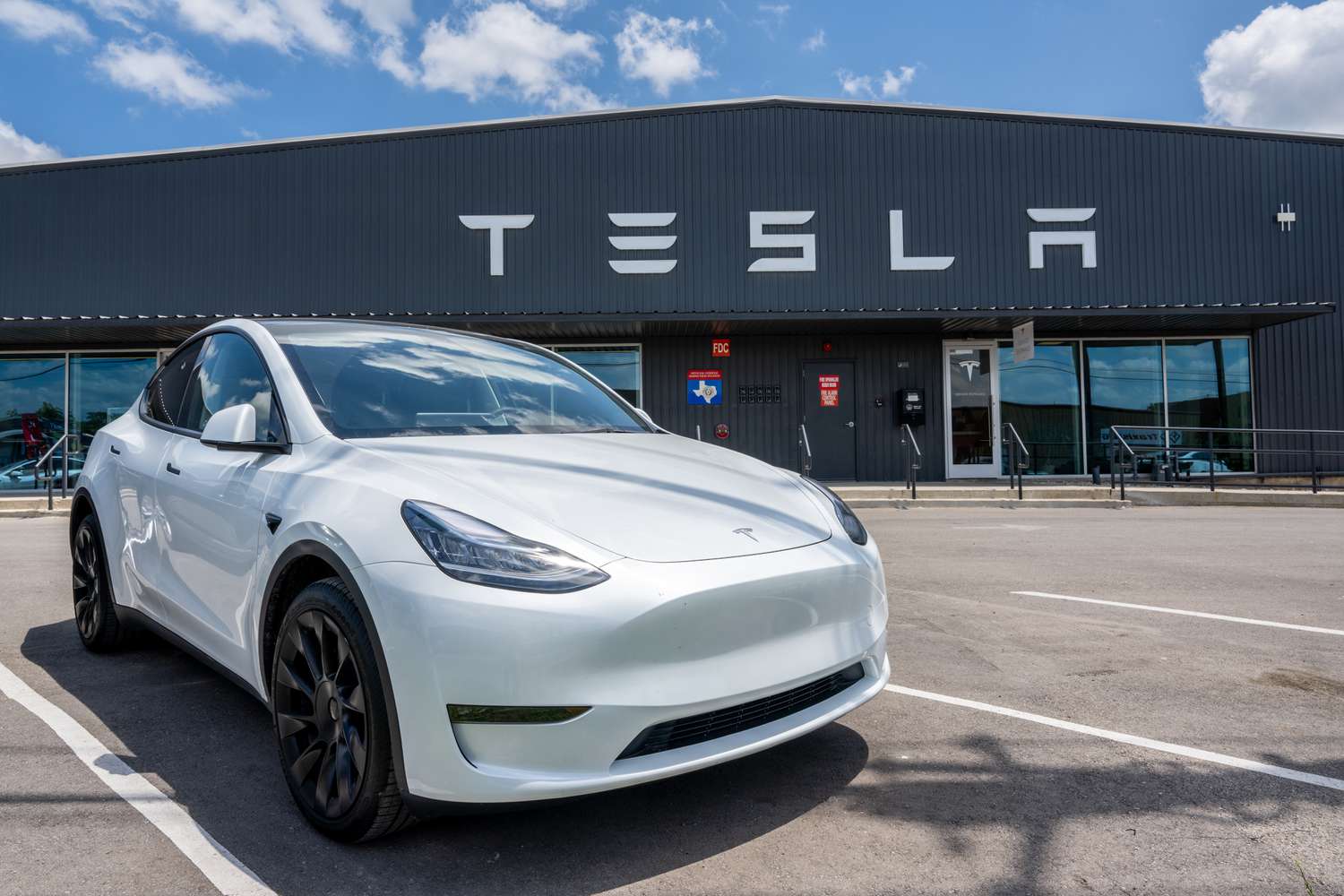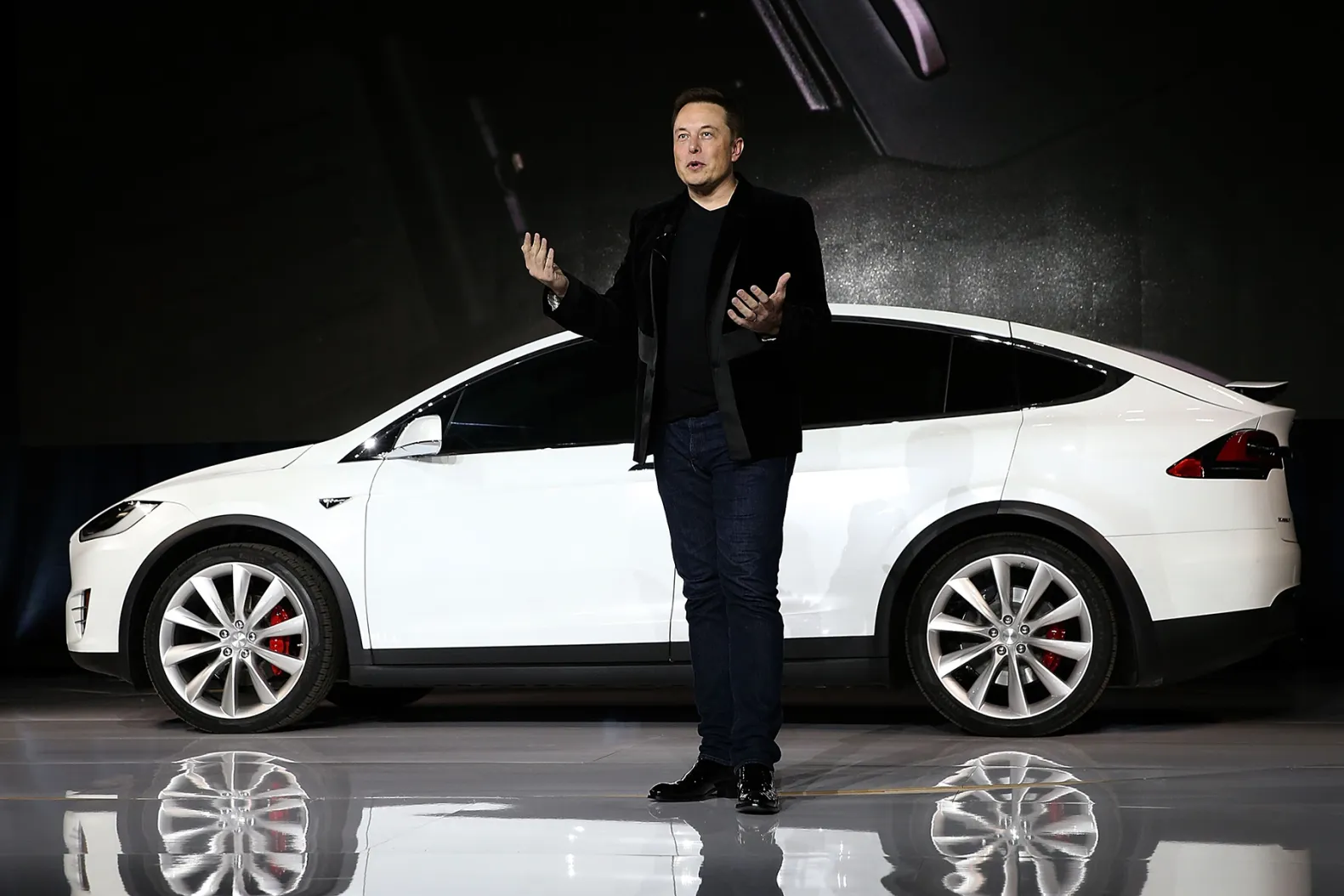Tesla is no stranger to lawsuits, and now a district judge in Texas has decided that the company will face another one about its full self-driving feature. A report by Reuters says that US District Judge Rita Lin in San Francisco didn’t agree to dismiss a lawsuit claiming Tesla did “false advertising” and made customers think self-driving cars were on the way.
Last year, Judge Haywood Gilliam didn’t let the lawsuit stop Tesla’s plans temporarily. Instead, the plaintiffs were told to deal with their complaints one by one. But Thomas Losavio got a chance to fix his complaints, leading to this new decision to let the lawsuit continue. Bloomberg says we’ll know later if this becomes a class-action lawsuit.
Judge Lin said the people complaining can keep going with their claims of negligence and fraud. They believed Tesla’s claims that the cars would be able to drive themselves in the future.

Losavio bought a Tesla Model S in 2017 with Full Self-Driving for $8,000. Tesla has since made the monthly subscription for the software cheaper and released a better version, but they haven’t made a car that can drive all by itself yet.
“Every year after LoSavio’s purchase, Musk allegedly repeated that Tesla’s cars were getting closer and closer to full automation, and that next year — every ‘next’ year — the cars would drive themselves. As LoSavio noted during the hearing, these were not mere recitations. With each iteration, Musk’s statements became more specific,” the judge said.
While this lawsuit is another problem for Tesla’s Full Self-Driving tech, there have been other issues too. The Autopilot feature is being looked into again for safety concerns. And the Justice Department is checking if Tesla and Elon Musk promised too much to customers and investors, which could be wire fraud or securities fraud.

